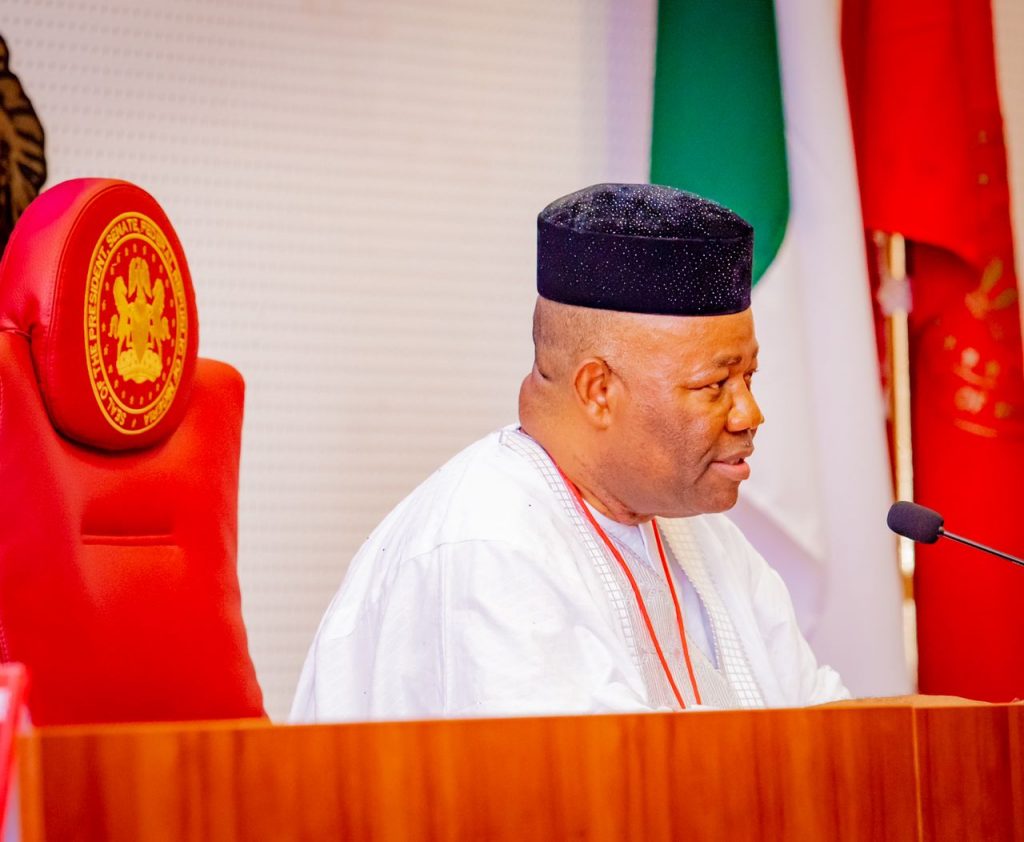According to the Nigerian Communications Commission, the trial of the fifth-generation mobile network demonstrates that there is no health risk associated with its use.
According to the commission, the trial was conducted in six cities: Abuja, Lagos, Ibadan, Abeokuta, Kano, and Calabar, according to a draft consultation document on the deployment of fifth generation mobile technology in Nigeria published on Monday.
The tests were carried out in accordance with the 1998 International Commission on Non-Ionizing Radiation Protection guidelines for general public exposure to varying electromagnetic fields, which were in effect at the time of the trials, according to the regulatory body.
It stated that the findings of EMF radiation showed that the maximum radiation at 26 GHz millimetre wave was 4.3 percent at 5 meters away from the source and 0.14 percent at 30 meters away from the source.
It went on to say that the highest radiation at 3.5 GHz at 5m away from the source was 11.4 percent, and at 30m away from the source was 1.9 percent of the ICNIRP specification of 61 v/m for the frequency range 2-300 GHz.
“These results are far below the ICNIRP specification for public health protection in the Guidelines and thus suggest that no public health hazards are expected from the use of 5G in Nigeria,” the NCC said.
The telecoms regulator announced that the new network will be installed in the country in two stages.
It stated that phase one, which entails non-standalone rollout, will begin in 2021.
Phase two, based on the stand-alone strategy and relying on new spectrum assignments, will begin in 2022, according to the NCC.
“The new sprint to deploy 5G networks is aimed at supplying people with the advantages of connectivity while also facilitating the activation of the digital economy,” the report said.
“technology thus allowing the activation of the digital economy,” it said.
According to the regulatory authority, ‘5G network rollout would be dependent on the availability of adequate radio spectrum at the low, medium, and high-frequency bands to support the various use cases and applications.’
“While some of these frequencies will be newly reserved for 5G network rollout, others will have to be re-farmed from other emerging networking services,” the report continued.
According to the commission, the global recognized spectrum bands for 5G rollout are 24.25-27.5 GHz, 37-43.5 GHz, 45.5-47 GHz, 47.2-48.2 GHz, and 66-71 GHz.
It said the bands were available and not assigned to operators at the moment except the 26 GHz band, where an operator currently had an assignment of two slots of 2 X 28 MHz each in the old plan.
The industry regulator promised that the operator would be vacated and the band licensed based on the new TDD plan.
SOURCE @TOTORINEWS













